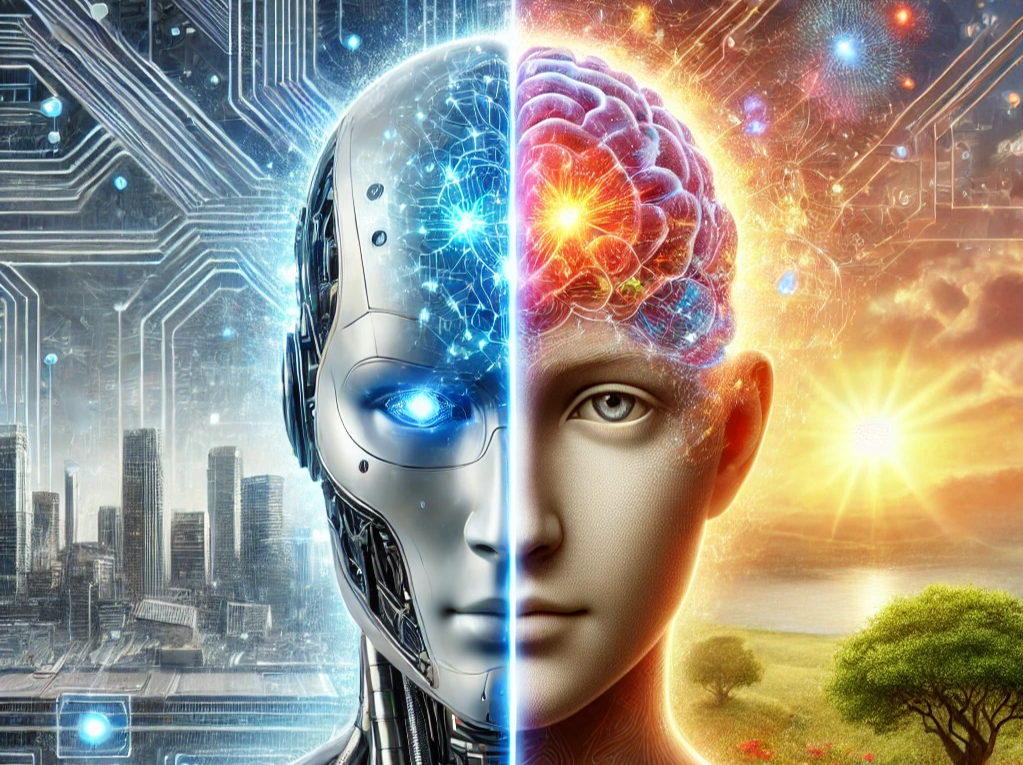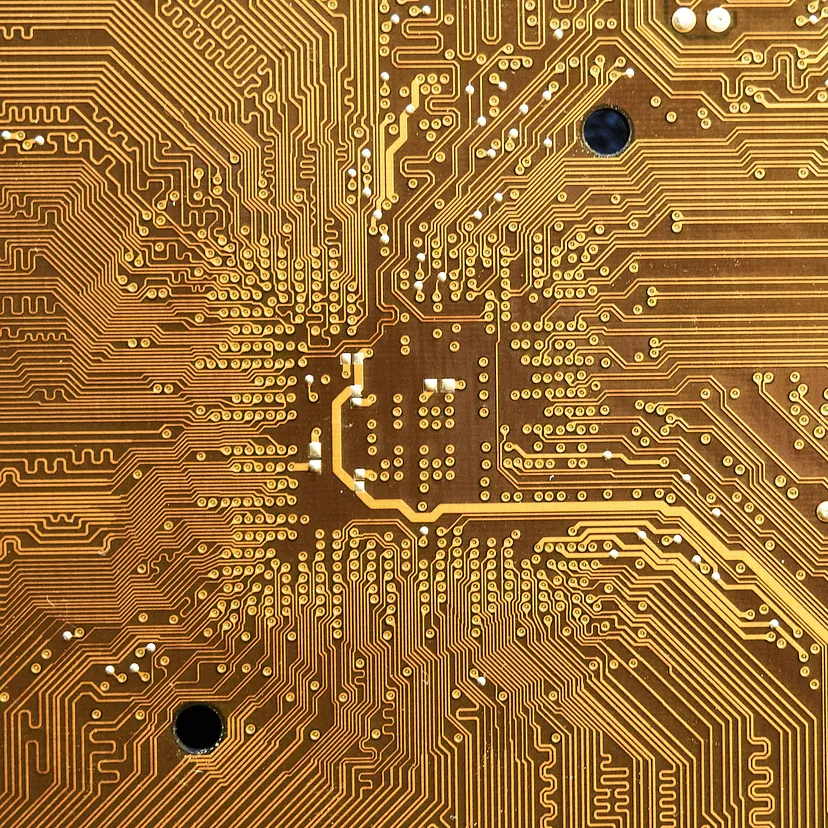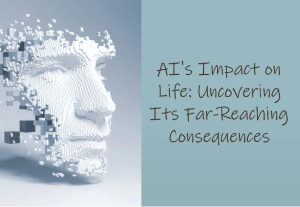- Artificial Intelligence, Brain-Computer Interfaces, Consciousness, Human-Machine Integration, Neuroplasticity, Neuroscience, Neurotechnology
What if your brain could merge with a computer? BCIs are revolutionizing healing, learning, and thinking — but with risks like privacy threats and loss of autonomy. Explore the future of merged consciousness and how to harness it wisely.
Article by Oliver Inderwildi
Navigating the Convergence of Mind & Machine: On the Neural Frontier & the Implications of Merged Consciousness
- The article explores how brain-computer interfaces (BCIs) are pushing the neural frontier, enabling breakthroughs in treating neurological disorders, enhancing human, cognition, and ultimately increasing our understanding of the brain’s functioning.
- The piece defines the concept of merged consciousness and discusses its ethical and societal risks, including loss of autonomy, data privacy concerns, and potential socioeconomic divides.
- It highlights the role of neuroplasticity in human-computer interaction, showing how feedback loops from technology accelerate learning and adaptation.
- It calls for innovative policymaking to balance rapid technological advancements with safeguards, ensuring BCIs benefit humanity without compromising our future
Share:Navigating the Convergence of Mind & Machine: On the Neural Frontier & the Implications of Merged Consciousness
Share this link
- February 18, 2025
16 min read







